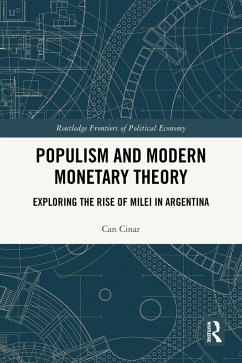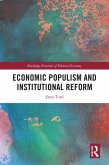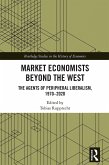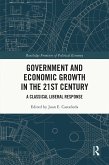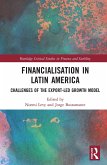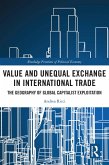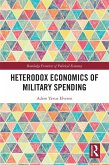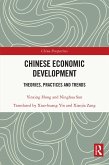The book demonstrates how Modern Monetary Theory can theoretically justify expansive fiscal policies central to populist platforms, enriching debates about the economic viability of populist governance. Milei's unique blend of heterodox economic policies and populist rhetoric, characterised by deregulation, privatization, and radical reductions in government spending, presents a crucial juncture for examining intersections between economic principles and populist mechanics. Integrating economic theory, historical context, and political analysis, this work contributes to political economy, heterodox economics, and Latin American studies.
Dieser Download kann aus rechtlichen Gründen nur mit Rechnungsadresse in A, B, BG, CY, CZ, D, DK, EW, E, FIN, F, GR, HR, H, IRL, I, LT, L, LR, M, NL, PL, P, R, S, SLO, SK ausgeliefert werden.

